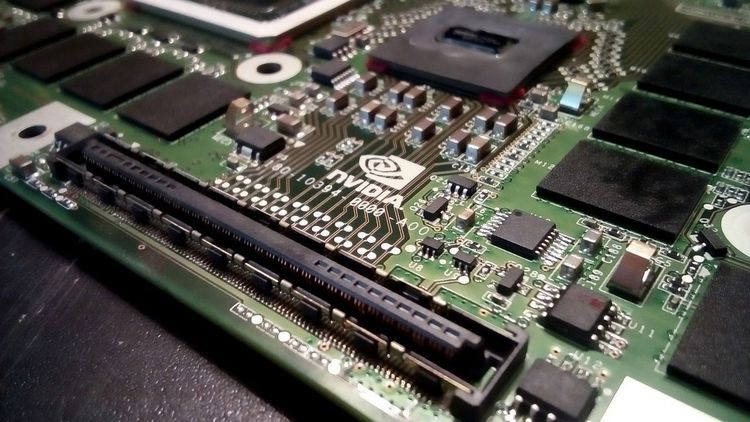OpenAI is enhancing its Custom Model program to assist enterprise customers in developing tailored generative AI models that address specific use cases, domains, and applications. Initially introduced at OpenAI’s first developer conference, DevDay, last year, Custom Model allows companies to collaborate with dedicated OpenAI researchers to train and optimize AI models for specific sectors. Since its launch, “dozens” of enterprises have joined the program. However, OpenAI has recognized the need to expand this initiative to further “maximize performance.”
The program now includes assisted fine-tuning and custom-trained models. Assisted fine-tuning expands beyond traditional fine-tuning techniques by utilizing “additional hyperparameters and various parameter-efficient methods at a larger scale,” according to OpenAI. This enhancement enables organizations to establish effective data training pipelines, evaluation systems, and supportive infrastructure aimed at improving model performance on targeted tasks.
Custom-trained models, on the other hand, utilize OpenAI’s base models and tools—including GPT-4—to help customers who wish to “deeply fine-tune their models” or “integrate new, domain-specific knowledge,” as stated by OpenAI.
For instance, SK Telecom, a leading South Korean telecommunications company, collaborated with OpenAI to fine-tune GPT-4, enhancing its capabilities in “telecom-related conversations” in Korean. Another example is Harvey, which is developing AI-driven legal solutions with support from OpenAI’s Startup Fund. Working with OpenAI, Harvey created a customized model focused on case law, incorporating hundreds of millions of legal text and expert feedback.
In a recent blog post, OpenAI expressed, “We believe that in the future, most organizations will create customized models tailored to their industry, business, or specific use cases. With various techniques available for building custom models, organizations of all sizes can develop personalized models that deliver significant, targeted benefits from their AI implementations.”
OpenAI is reportedly approaching an impressive $2 billion in annual revenue, indicating robust internal expectations for growth, especially as it partners with Microsoft to potentially develop a $100 billion data center. The costs associated with training and deploying leading generative AI models are not expected to decrease anytime soon. Therefore, consulting work, including custom model training, may serve as a key revenue driver as OpenAI strategizes its next moves.
Additionally, fine-tuned and custom models can alleviate some pressure on OpenAI’s infrastructure. These specialized models tend to be smaller and more efficient than general-purpose models, providing a compelling solution amid the soaring demand for generative AI while addressing OpenAI’s historical challenges with compute capacity.
In conjunction with the expanded Custom Model program and the creation of custom models, OpenAI has also introduced new fine-tuning features for developers using GPT-3.5. These include a new dashboard for comparing model quality and performance, support for integrations with third-party platforms—beginning with the AI developer platform Weights & Biases—and other tooling enhancements. No details have been disclosed regarding fine-tuning options for GPT-4, which was introduced during DevDay.







